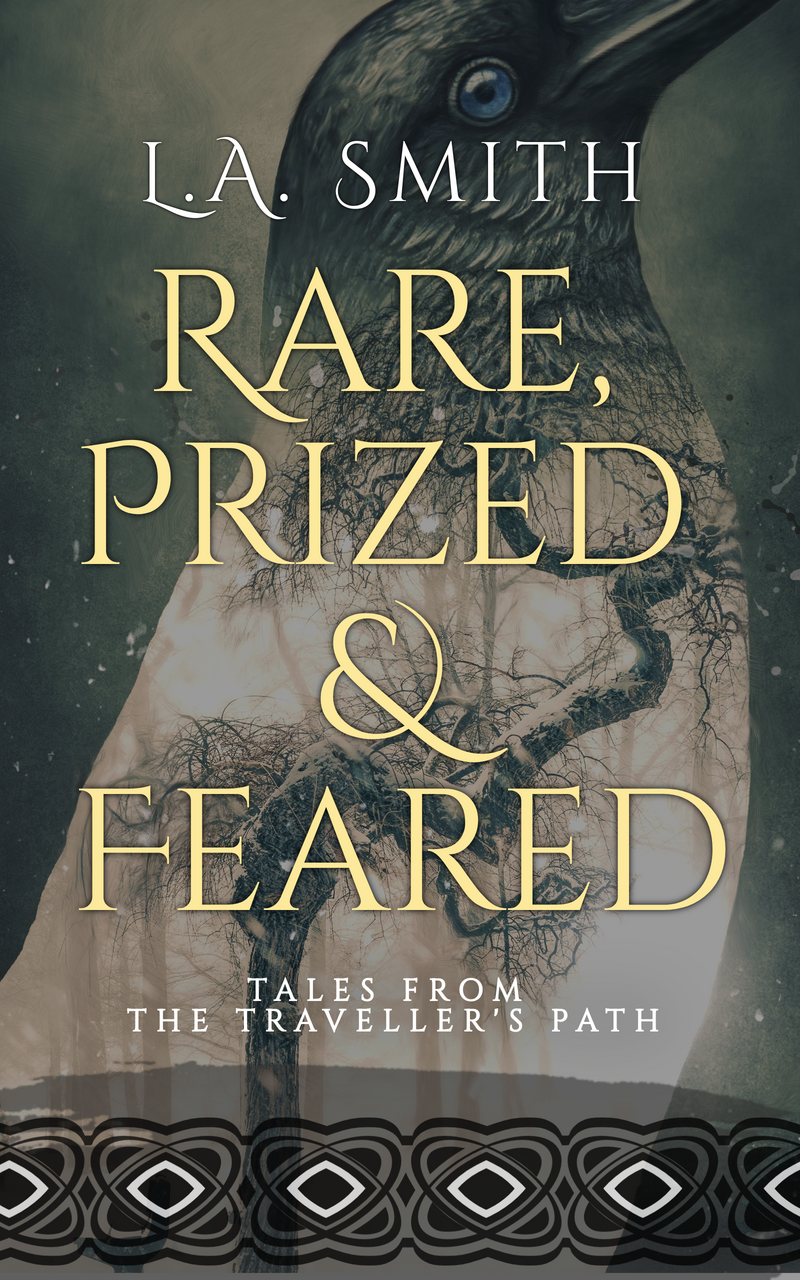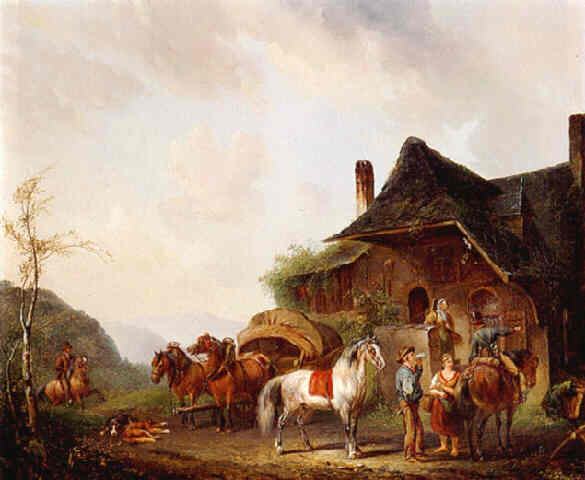
Newsletter
Yes! Send me my FREE short story collection and sign me up for those exclusive subscriber goodies!
We value your privacy, and will never spam you! View our privacy policy at lasmithwriter.com/privacy

Yes! Send me my FREE short story collection and sign me up for those exclusive subscriber goodies!
We value your privacy, and will never spam you! View our privacy policy at lasmithwriter.com/privacy
If you are a writer worth your salt, one of the cardinal rules you must follow is to make sure you follow the submission guidelines of the publications in which you hope to be published.
Mainly these are fairly prosaic: guidelines about line spacing, font preferred, word count, type of file to send, etc.
But often I will see other recommendations, not so much about the nuts and bolts but more about the meat and bones of the story. These are equally as important to pay attention to, if you want to give your work any kind of chance at all.
Often these will mention avoiding tropes. Tropes, according to Wikipedia, are “commonly recurring literary and rhetorical devices, motifs or clichés in creative work.”
Every genre has its own tropes. Think of the hardboiled detective in mystery novels, or the swashbuckling hero in romances. Fantasy is no exception. There are many of these tropes, but just to give you an idea, here is some of the advice given to hopeful writers from Heroic Fantasy Quarterly:
Witty banter usually isn’t.
Stories that start in an inn are usually out.
Ditto for stories that start with a group of strangers meeting at an inn.
Ditto for stories that start with a group of strangers meeting at an inn and being hired to do a job by a mysterious individual who is clearly a sorcerer (or vampire, or sorcerer/vampire).
Double ditto for stories that start with a group of strangers meeting at an inn and being hired to do a job by a mysterious man who is clearly a sorcerer (or vampire, or sorcerer/vampire) who then turns on the very adventurers he/she/it hired only to be thwarted by the one dwarf in the party. In fact, toss us a dwarf curveball. So far we’ve never seen a story with a dwarf character where that character doesn’t kick ass from beginning to end.
We are not all that interested in stories with vampires. We feel much the same re: zombies.
Neither are we terribly keen on pirates; just remove that word and your odds go up.
There’s more, but you get the drift. (Let us all spare a moment of sympathy for editors everywhere, who have to sort through piles of drivel in order to strike gold, and who,in most cases, are doing this just for the sheer love of stories, with not a coin exchanged in compensation.)
A few of the fantasy tropes are listed here, such as the inn as meeting place, the overuse of sorcerers/vampires/zombies, the hard-as-nails dwarf. Once you start thinking about it, if you have read any fantasy at all, you will be able to come up with quite a few more. How about:
The orphan whose mysterious past vaults him into the role of hero, sometimes (often) reluctantly. Chosen One, anyone?
The peaceful, nature loving, mysterious elves; the grumpy dwarves; the terrifying orcs/monsters; the wise wizard/mentor.
The quest for the sacred sword/jewel/manuscript/whatever.
The evil Empire.
Fake-medieval Europe/England setting.
Weird names with apostrophes. Tal’c or Ryl’d or Sh’one or whatever. (I first encountered this in Anne McCaffrey’s Pern, and there, the Dragonriders were given a new name that was a shorter form of their original name, as a form of honorific that denoted they had become Dragonriders. Fair enough. But I see this so often now, and often for no reason except that it looks exotic.)
One evil twin, one good twin, separated at birth.
The school for youngsters where they learn how to use magic.
Villain is hero’s father.
I could go on, and likely you could think of many more.

The scantily clad, ferocious warrior-chick is a fantasy trope I’m more than happy to say good-bye to!
It’s a bit terrifying as a writer, to be honest. How do you avoid all these clichés? They are so ingrained in our collective well of story-telling that often you find yourself using them, even though you are trying to be original.
The good news is, you don’t have to, at least, not entirely. It is true that it is easy to fall into the trope-trap, and if your story has too many of these, it is likely not going to be published. However, there are plenty of excellent stories and books being published today in which you can find more than one of these tropes and yet they still feel fresh, exciting, and original.

“An elf, a wizard, and a giant walked into an inn…” (Horsemen and Travellers Outside an Inn, by Pieter van Os, on Wikicommons. )
Take The Name of the Wind, by Pathrick Rothfuss, for example. That book is full of standard fantasy tropes including the orphaned hero, the school for magic-learning, the vaguely medieval setting. And it even starts in an inn! But Rothfuss takes these tropes and, through the power of strong storytelling and beautiful prose, creates a compelling and original book.
Of course, George Lucas famously studied Joseph Campbell’s “hero’s journey” and used it as the basis of his Star Wars movie. Which became a cultural force to be reckoned with (pun intended!).
So tropes aren’t necessarily bad. Including them in a story isn’t necessarily lazy storytelling. In fact, in some cases such as The Name of the Wind, or Star Wars, readers and movie-goers have rewarded the storytellers who use them in their works.
Why? Perhaps it’s because there is something about the hero’s journey (embodied in many of the tropes) that speaks to us on a deep and subconscious level, something that resonates with the story of the backwater nobody who becomes the hero, the forgotten prince who arrives on the scene to rescue his people, the group of friends who band together and conquer the evil in their world.
The great Christian writer and philosopher, C.S. Lewis, would explain this resonance by saying that there are deeper truths hinted at by the hero’s journey. In other words, we long to be rescued, and stories allows us to vicariously fulfill that longing, which is why they are told over and over again and continue to be popular. Lewis would say that the story of the prince who came to rescue his enslaved people is the true story which is the foundation of all the hero stories, and it is the story that is told over and over again in the Bible, culminating in the final telling of the story of the life of Jesus.
Tropes are not necessarily bad. Half the battle is being aware of them, and the other half is using them sparingly and wisely.
So let your wizard wander into an inn. Carefully.
Featured image: The Wizard, by Sean McGrath, on Wikicommons